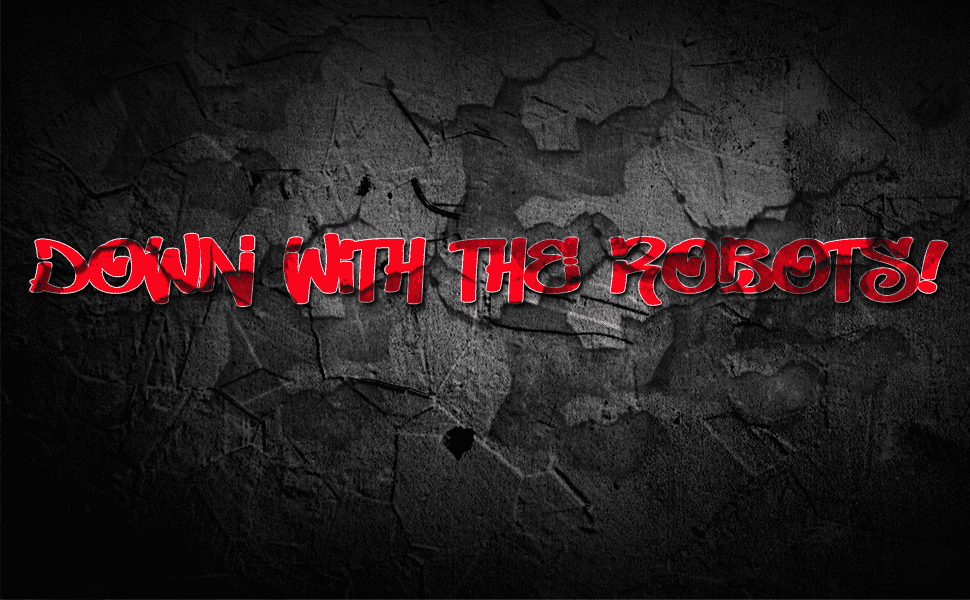Dorian Keys – Yesterday’s Tomorrow
Big Brother has evolved in this gripping dystopian science fiction novel
 Literary Titan Gold Book Award Winner
Literary Titan Gold Book Award Winner
How much of your life are you willing to surrender to live in a perfect world? Your family? Your friends? Your entire identity?
Yesterday’s Tomorrow takes place in the not-so-distant future, following Earth’s government takeover and near collapse. It’s told from the point of view of Elton Nett, a native of Earth. Elton was born to a working-class family where he lived in relative poverty till his teens. When political changes initiated almost complete automation, the human population suddenly became jobless, and society quickly destabilized.
Earth’s governments then implemented ‘the System’ to enforce its laws. Some nations, and sections, accepted it. Others resisted, adopting the slogan “DOWN WITH THE ROBOTS.” The human resistance staged riots, destroying entire segments of what Elton had called home. The System controlled every aspect of life and humanity. Using androids, it terraformed and colonized Mars, then later a planet orbiting Sol in the asteroid belt’s outskirts—Ceres2.
With the hope of a better life, Elton and his parents immigrated to fully habitable Mars. But, unfortunately, the same became of Mars only a decade after they had settled. Thus, coupled with a series of devastating events, Elton then finds himself forced to immigrate on his own to Ceres2.
Isolated on this new planet, Elton is faced with several dilemmas that will undoubtedly change what would have been YESTERDAY’S TOMORROW.
Excerpt from Chapter 2
“You know how you know that as a leader, you have failed?” His complaint, while we watched an increasingly longer TV show called ‘Another Murder on the Red Planet,’ still rings in my ears. “It’s when you find yourself forcing others to do your bidding. Do what you want them to do, no questions asked. And whoever doesn’t agree, they’re your enemy. Nature has placed a failsafe in humans for that specific reason.
It’s called conscience. These canners,” he pointed at an android on the screen. “They don’t know what that is. They are made of electrical impulses. Then again, I can name quite a few humans that are like that.”
I was aware that during those times, protestors were destroying and defacing everything they could get their angry hands on. But in general, being outside during the day was safe.
“Someone is always using someone, someway…somehow,” He told me the very next day before leaving home to join a protest against the System. “We’re all zombies and robots to those in power. A number on paper, or worse, a statistic to the System. Whatever we do, we can’t let them use us as they see fit. We are humans, damn it! We are better than this!”
That was the last conversation I had with my father. He didn’t come home that night. The morning after, my mother called the factory where he worked. She was told it had no record of him ever registering to work on the Mars colony.
Yesterday’s Tomorrow – Big Brother has evolved – Dorian Keys
AVAILABLE IN PAPERBACK
Dorian Keys, born in Tirana, AL, displayed an aptitude for writing from an early age. Though due to the local geopolitical situation at the time, this potential was not overly encouraged. At the age of seven, he wrote two short stories, one of which currently hangs above his father’s work desk.
Eventually, after receiving his formal education in Biology from Queens College, NY, Dorian found his long-lost calling. Writing.
His debut novella, a hybrid publication, IMPRINT LEGACY (2019), was very well received in the US and abroad. While his second book, MORNING STAR, received a five-star review from Literary Titan, while Booklife remarked:
“…the author has a knack for action-packed adventures that employ heroic achievers.” BookLife (Publishers Weekly) (2020)
Dorian currently lives with his family in New York and writes every chance he gets.


 Literary Titan Gold Book Award Winner
Literary Titan Gold Book Award Winner


